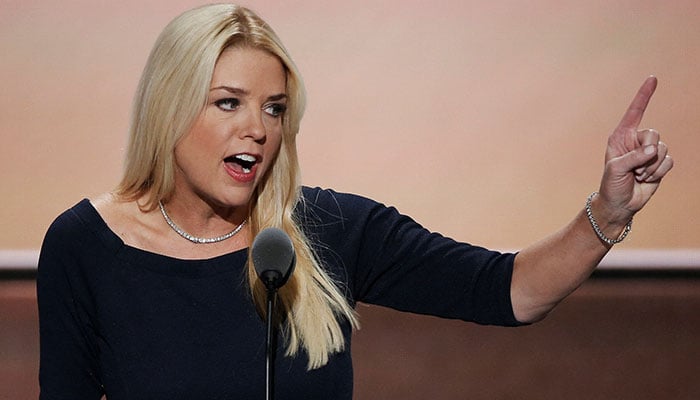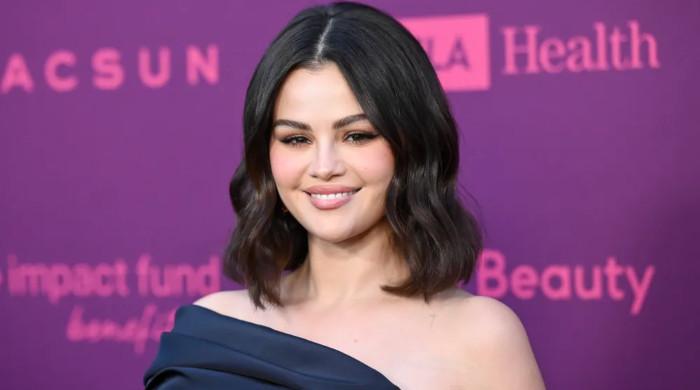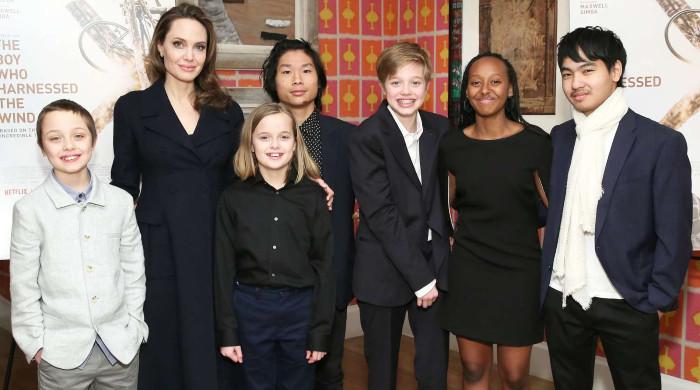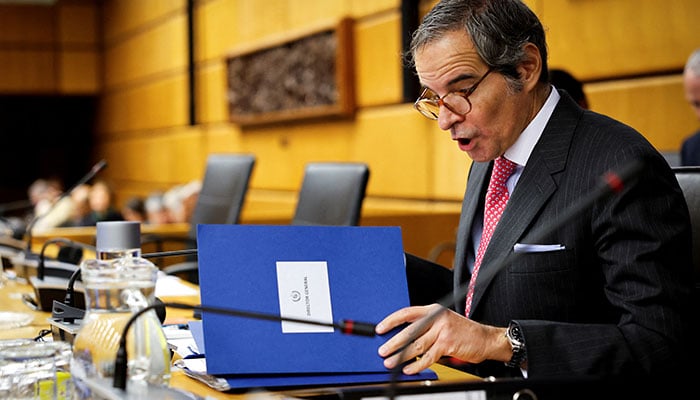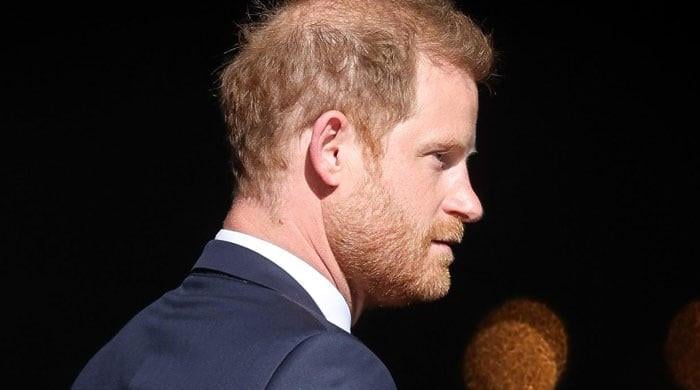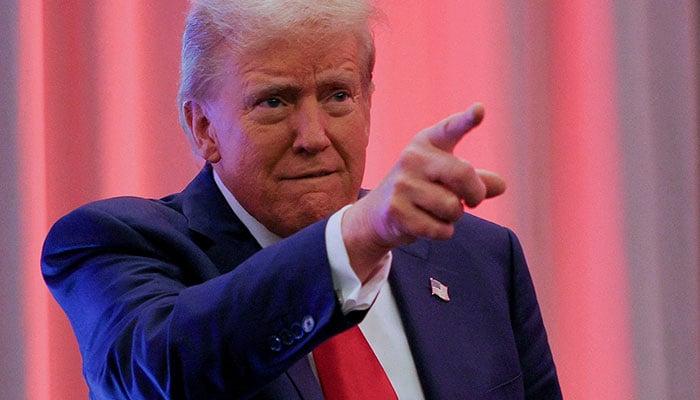

PARIS - Some of France’s left-wing leaders have backed protests against President Emmanuel Macron, after he refused to nominate a government led by the left-wing New Popular Front alliance (NFP).
The four-party coalition won the most seats in last month’s parliamentary elections and said its candidate, Paris civil servant Lucie Castets, should be named prime minister, even though they fell far short of a majority. President Macron said France needed institutional stability and the left could not win a confidence vote that would come immediately from its opponents in parliament. The biggest of the four left-wing parties, France Unbowed, called for a big demonstration on 7 September.
The Communist leader also backed a “big popular mobilisation” in the coming days, although the Socialists indicated that for now there was an urgent need for political discussion. Mr Macron, whose centrist Ensemble alliance came second in the election, began new consultations with party leaders on Tuesday.
President Macron said France needed institutional stability and the left could not win a confidence vote that would come immediately from its opponents in parliament.
Mr Macron, whose centrist Ensemble alliance came second in the election, began new consultations with party leaders on Tuesday. He appealed to three of the four left-wing parties - the Socialists, Greens and Communists - to work with “other political forces” to find a way out of the impasse, without mentioning the radical left France Unbowed, which won the most seats of the four. However, the three parties refused to take up his offer. Socialist leader Olivier Faure said he would not be an “accomplice in a parody of democracy”. Marine Tondelier of the Greens said her party would not “continue this circus, this sham consultation”.
No one group was able to win a majority in the elections, with the NFP gaining more than 190 seats, Mr Macron’s centrist Ensemble alliance about 160 and the far-right National Rally (RN) 140.
Mr Macron’s term in office continues until 2027, and the French government tends to be formed from the president’s party as parliamentary elections usually follow soon after the presidential vote. But that changed when he called snap parliamentary elections this summer.
A caretaker government has led France since the 7 July vote, including during the Paris Olympics, to the anger of the NFP alliance. “My responsibility is that the country is not blocked nor weakened,” Mr Macron said after a first round of talks on Monday evening. “The Socialist Party, the Greens and the Communists have not yet proposed ways to co-operate with other political forces. It is now up to them to do so,” he added.
France Unbowed (LFI) reacted angrily to the president’s words, with national coordinator Manuel Bompard complaining of an “unacceptable anti-democratic coup”. LFI leader Jean-Luc Mélenchon went further, with a threat to impeach the president.
The party called on youth organisations and other groups to take part in a “big mobilisation” on 7 September, accusing the president of seriously endangering democracy.
Communist leader Fabien Roussel urged the French people to protest wherever they were, “in town centres and in front of prefectures”.
Olivier Faure of the Socialists said he too would take part in demonstrations, if they took place. “I’m not looking for chaos,” he said, “I am saying that’s what is being created by the head of state.”
Lucie Castets, 37, was an unlikely choice of candidate for prime minister. She is financial director at Paris City Hall and as a senior civil servant she is unelected.
She told French radio on Tuesday that the head of state was telling the people of France they had got the vote wrong: “Democracy means nothing to the president and I find that extremely dangerous.”
Both Ensemble and National Rally, whose leaders met the president on Monday, have vowed to vote down candidates from the NFP. RN leaders Marine le Pen and Jordan Bardella described the NFP as a “danger” for France.
President Macron has sought to form a government made up of “republican forces”, which excludes both the far-right National Rally and the radical France Unbowed.
Among other potential candidates named in political circles as France’s next prime minister are former Socialist interior minister Bernard Cazeneuve and Xavier Bertrand, who is a regional leader from the centre-right Republicans.
The current caretaker Interior Minister, Gérald Darmanin, said on Tuesday that, as a as a “great republican”, Mr Cazeneuve could well work out as head of a coalition.
Rejecting France Unbowed as dangerous, he told French TV “a New Popular Front government has no chance of surviving in power for more than a day”.

